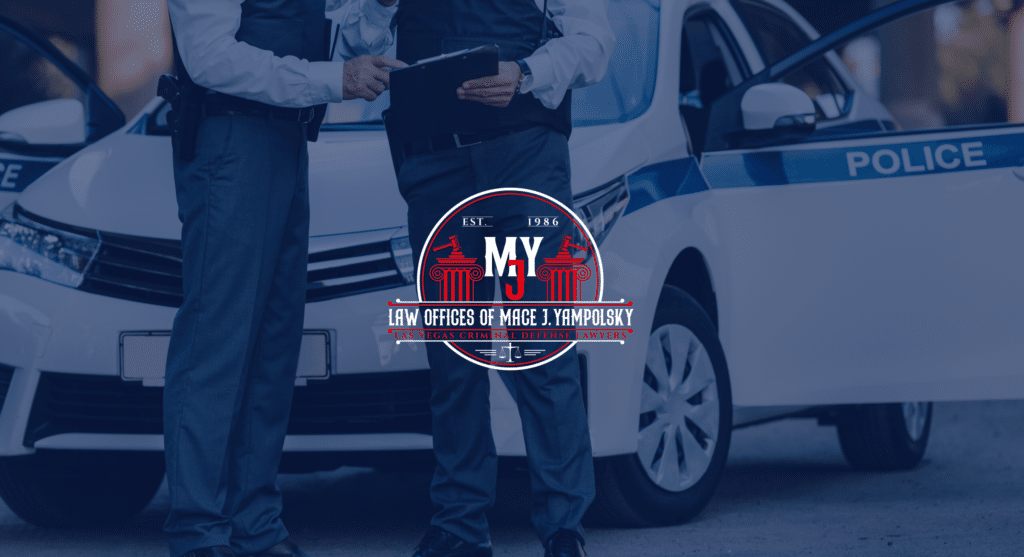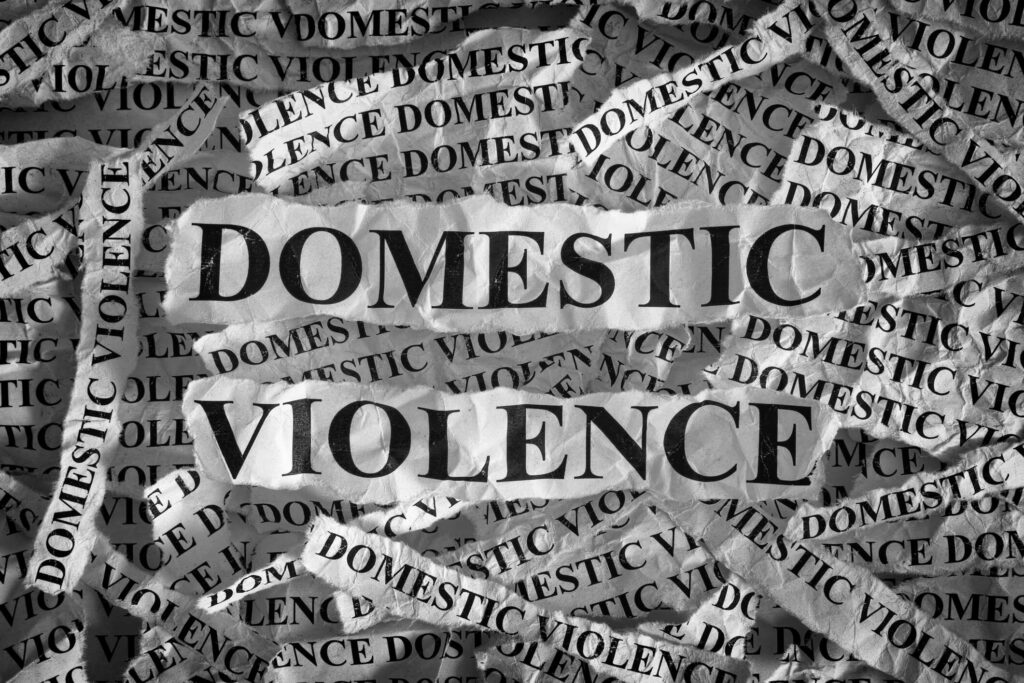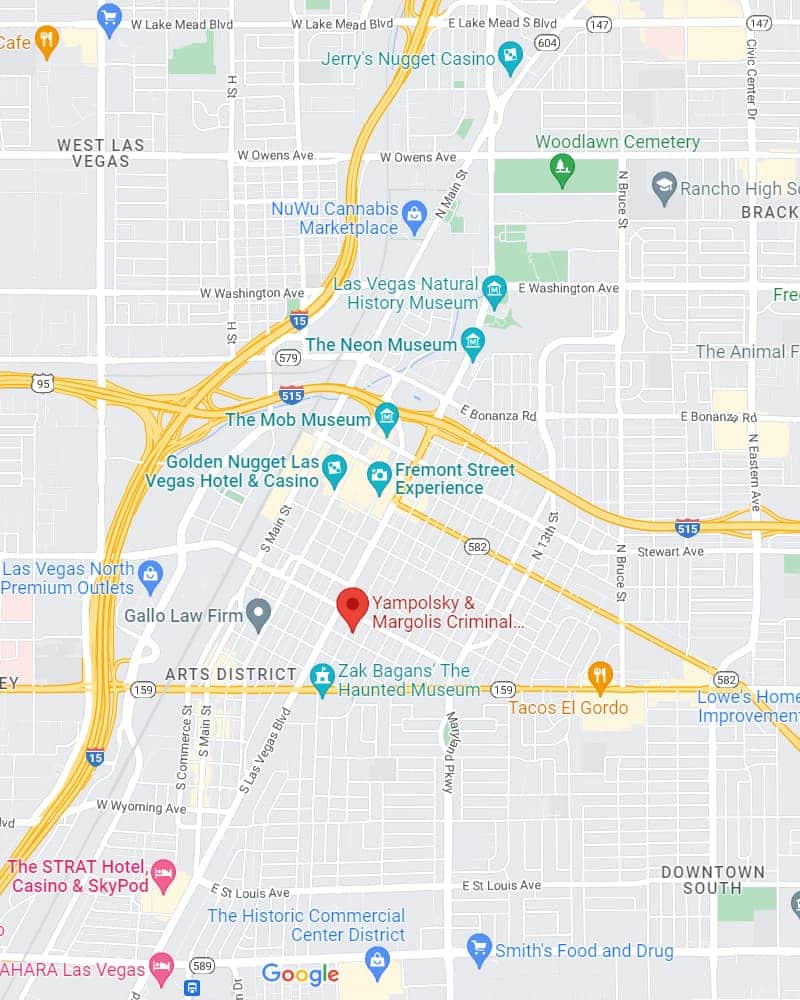White collar crime is a general term that refers to a large class of non-violent crimes, which are primarily financially motivated. Many of these crimes are carried out by sophisticated means, by people who are educated professionals, or even by corporations operating in a professional capacity.
What Might Be Some Specific Examples Of White Collar Crimes That You Might Be Familiar With?
Broad embezzlement is probably the most common white collar crime we see, followed by tax evasion, forgery, and identity theft. Usually, white-collar crime refers to crime involving financial instruments or misappropriation of funds.
Do Most White Collar Crime Convictions Land People In Prison?
Many white collar crimes involve large loss amounts and one of the ways in which federal sentencing guidelines determine the length of custodial sentences is by the amount of loss that is caused. Also, since white collar crimes are more likely than other crimes to cross state lines, they are more likely to be prosecuted at the federal level. Federal sentencing guidelines generally punish the same behavior more harshly than state sentencing guidelines would. However, people accused of committing white collar crimes tend to have lesser prior criminal records than most of your garden-variety criminals. This lack of criminal history sometimes enables white collar criminals to avoid custody and instead complete long periods of probation with conditions. Generally speaking, you are more likely than not facing prison time if you commit a white collar crime, especially if that crime involves the crossing of state lines.
Who Generally Is The Prosecutor In White Collar Crime Cases At Either Federal Or State Level?
Predominantly, the federal level prosecutes white collar offenses. It used to be that the FBI was largely tasked with prosecuting white collar crimes, but there are several different organizations that could be involved now. You could have the FBI, the attorney general, the secret service, postal inspectors, and internal revenue service all investigating the case. Recently, it has become a trend that the United States attorney is involved from the outset. In previous decades, the AUSA would only get involved further down the line.
What Is The Grand Jury In A White Collar Case?
A grand jury is 16 to 23 citizens who are assembled by a prosecuting entity to determine whether or not an indictment should be filed, charging an individual with white collar crimes. Grand juries are more common in white collar criminal prosecutions than they are in others, usually because of the sophisticated means and resources available to the accused. The indictment procedure tends to be used when you have a high profile case, a high profile defendant, or a number of defendants and it becomes unwieldy to proceed through the complaint in a preliminary hearing avenue.
The difference between a grand jury indictment and prosecution through a complaint is that the prosecutor is enabled to present their case to a room full of grand jurors, without defendants or defense counsel present. They have a captive audience and they do not have to worry about pushback from the other side, which enables them to secure the filing of charges more easily.
For more information on White Collar Crimes In Nevada, a free initial consultation is your next best step. Get the information and legal answers you are seeking by calling experienced criminal defense attorneys at (702) 385-9777 today.






